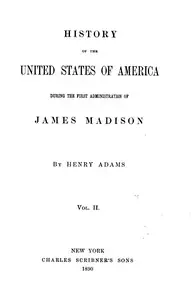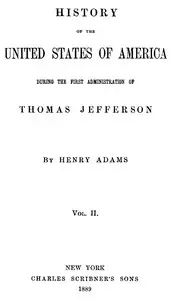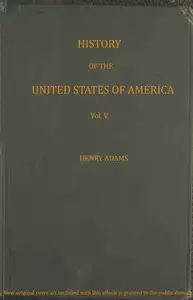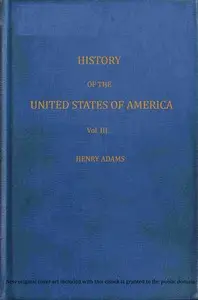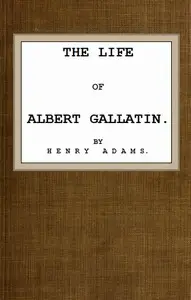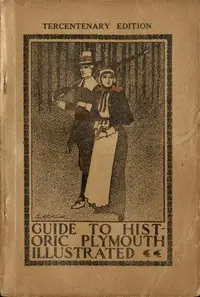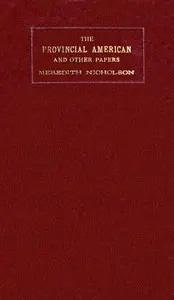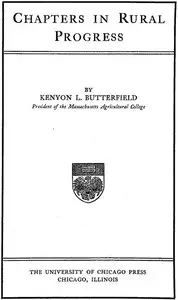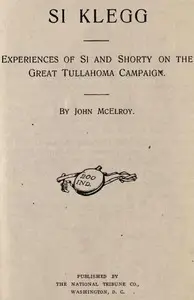"History of the United States of America, Volume 1 (of 9): During the First Administration of Thomas Jefferson" by Henry Adams is a look back into America's early challenges as a nation. This volume looks at Thomas Jefferson's first term as president, from 1801 to 1805, and how the country started to shape its future. The book opens by painting a picture of the United States, explaining the hardships it faced with its young government and economy. A large portion of the population were slaves, and the country was mostly farmland, pushing against the wilderness that surrounded it. Moving to the West was slow and difficult because of transportation problems and Native American resistance. The East coast to the South, Americans were trying to find their place as one nation while dealing with the physical and economic problems.
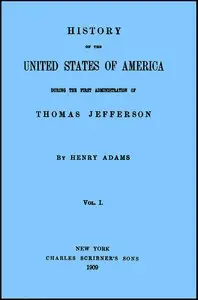
History of the United States of America, Volume 1 (of 9) : $b During the first administration of Thomas Jefferson
By Henry Adams
Witness a nation struggling to define itself amidst slavery, untamed lands, political unrest, and economic uncertainty during its earliest years.
Summary
About the AuthorHenry Brooks Adams was an American historian and a member of the Adams political family, descended from two U.S. presidents. As a young Harvard graduate, he served as secretary to his father, Charles Francis Adams, Abraham Lincoln's ambassador to the United Kingdom. The posting influenced the younger man through the experience of wartime diplomacy, and absorption in English culture, especially the works of John Stuart Mill. After the American Civil War, he became a political journalist who entertained America's foremost intellectuals at his homes in Washington and Boston.
Henry Brooks Adams was an American historian and a member of the Adams political family, descended from two U.S. presidents. As a young Harvard graduate, he served as secretary to his father, Charles Francis Adams, Abraham Lincoln's ambassador to the United Kingdom. The posting influenced the younger man through the experience of wartime diplomacy, and absorption in English culture, especially the works of John Stuart Mill. After the American Civil War, he became a political journalist who entertained America's foremost intellectuals at his homes in Washington and Boston.

